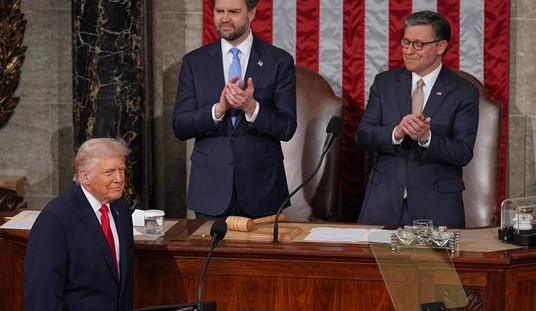An attack on a Moscow airport, which has killed over thirty and wounded more than a hundred, may soon spur demands to extend the security zone to the point where only ticketed passengers are allowed anywhere near a terminal or to establish checkpoints ever further out. But those ever-more distant checkpoints become targets themselves. As some observers have already noted, the baggage check-in and the crowded areas immediately before the pat-downs and scanners create crowds of people that become attractive targets. Any form of passive security meant to protect crowds, be they at the airport or at stadiums, to some extent simply shifts the target.
[youtube jKYkFgMz7fQ]
Enough passive security means that the activities they are meant to protect cease to be viable. For life to continue at all, the major reliance must shift to pro-active measures: the identification of malefactors through intelligence and breaking up plots before they happen. How far back up the chain pre-emption goes becomes problematic, because the “roots of terrorism” can eventually come to encompass too much. Ultimately some risks have to be accepted by civilians in a world in conflict, and they can only be mitigated, never eliminated.









Join the conversation as a VIP Member